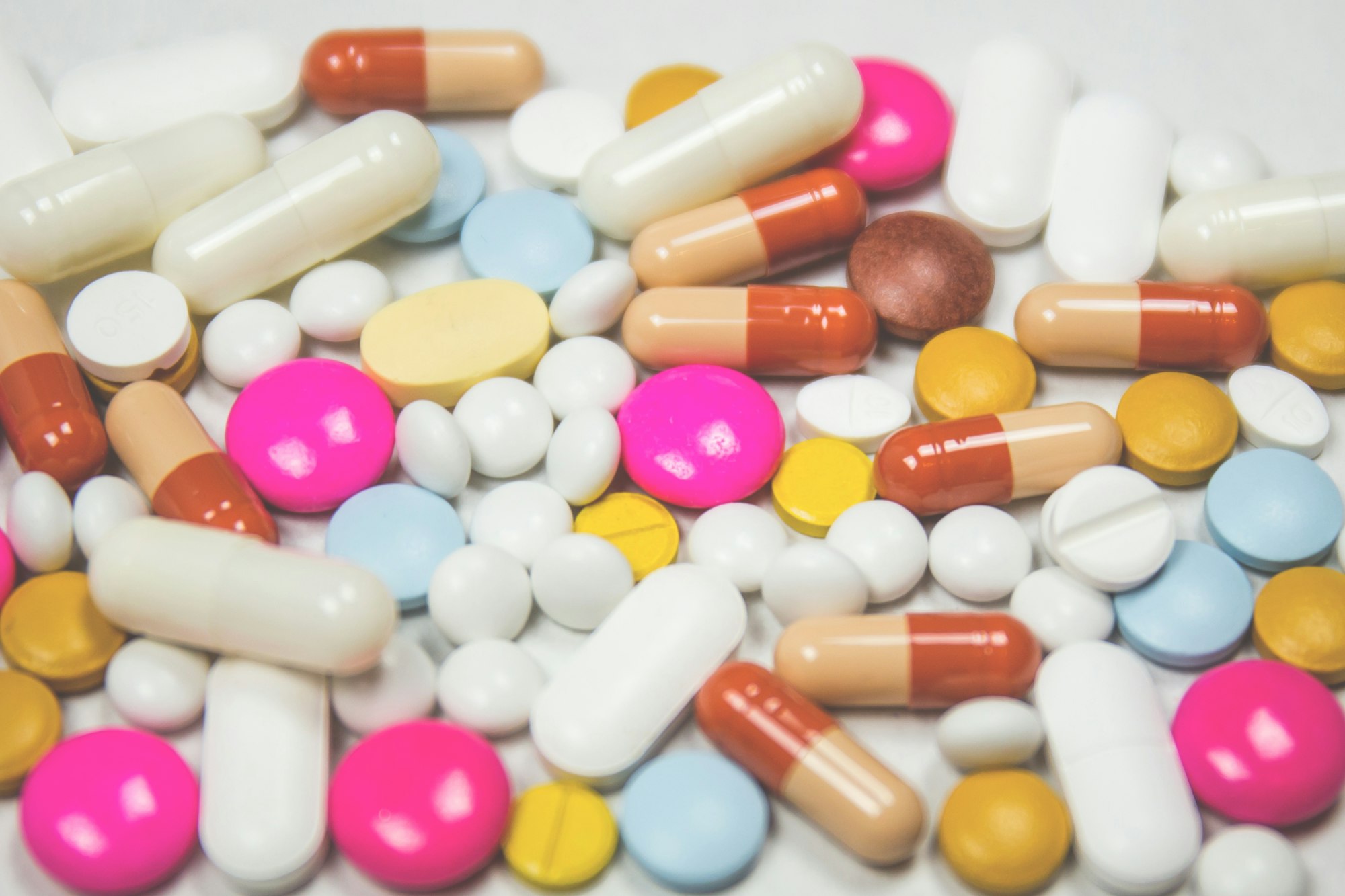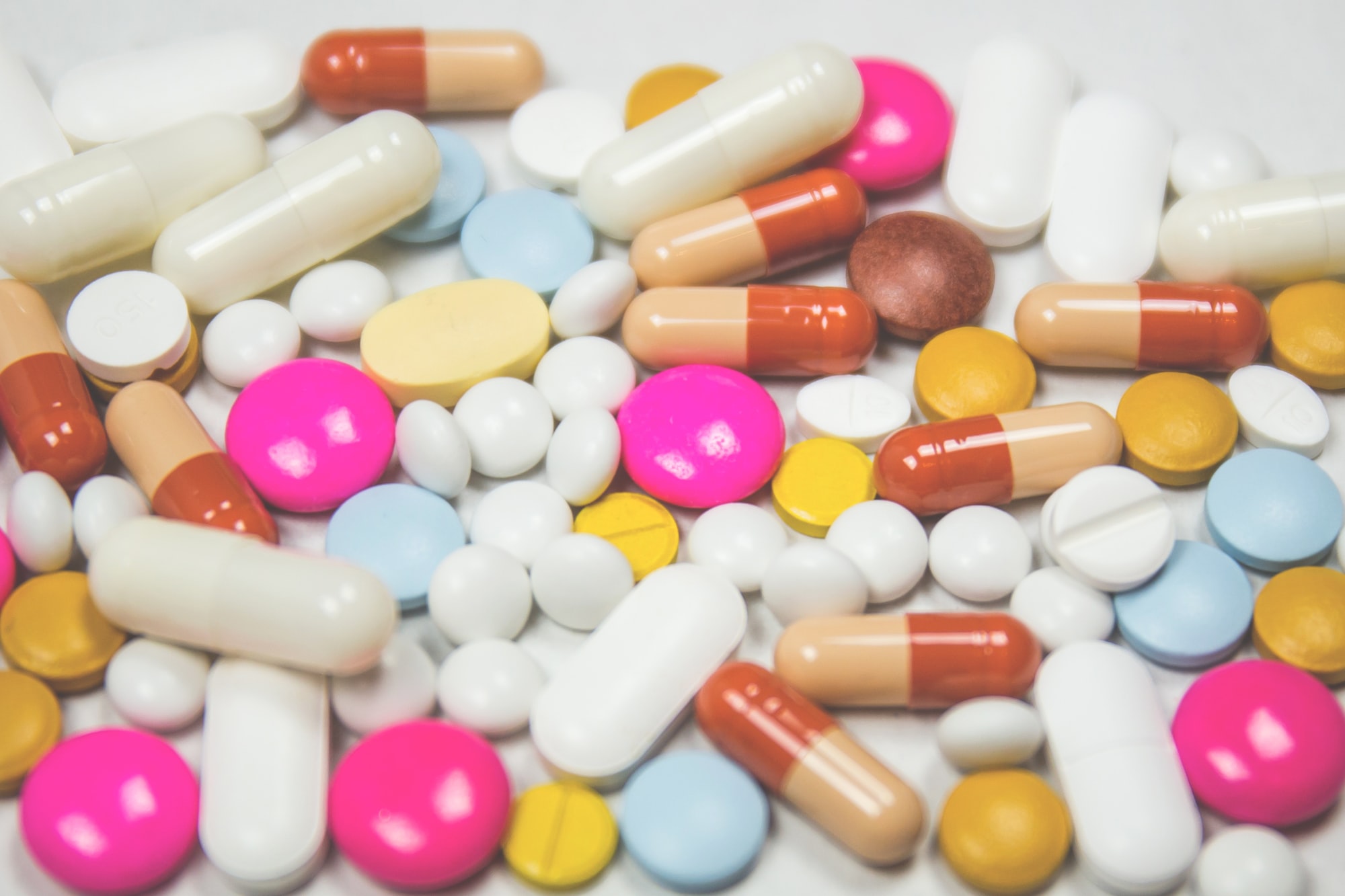
🎧 Écoutez cet article

📖 Lisez cet article
Alexander Fleming a découvert le premier l’antibiotique en 1928. Il l'a découvert par hasard dans son laboratoire en compagnie d’autres scientifiques après avoir observé une moisissure capable d’inhiber la croissance des bactéries. Il a ensuite soigneusement analysé ce phénomène et a appris que la moisissure, appelée Penicillium Notatum, était un antibiotique naturel.
Alexander Fleming discovered the first antibiotic in 1928. He discovered it by chance in his laboratory with other scientists after having observed a mold capable of inhibiting the growth of bacteria. He then carefully analyzed this phenomenon and learned that the mold was a natural antibiotic.
La pénicilline, et la catégorie plus large des antibiotiques, fait partie des médicaments essentiels de la pharmacie moderne ; leur découverte a constitué une véritable révolution dans la médecine moderne. Les antibiotiques ont été utilisés pour la première fois pour soigner des soldats blessés durant la Seconde Guerre mondiale. Depuis lors, on estime que la pénicilline à elle seule a sauvé plus de 200 millions de vies.
Penicillin, and the broader category of antibiotics, are among the essential drugs of modern pharmacy; their discovery was a true revolution in modern medicine. Antibiotics were first used to treat wounded soldiers during World War II. Since then, penicillin alone is estimated to have saved more than 200 million lives.
De nos jours, il existe de nombreux antibiotiques qui sont très efficaces pour combattre les infections. Malheureusement, des bactéries résistent de plus en plus aux antibiotiques et cela reste un problème de santé publique très grave.
Nowadays, there are many antibiotics that are very effective in fighting infections. Unfortunately, bacteria are increasingly resistant to antibiotics and this remains a very serious public health problem.
Il faut veiller à ce que les antibiotiques ne soient pas utilisés à mauvais escient. L’utilisation excessive d’antibiotiques entraîne une résistance des bactéries aux antibiotiques. La résistance aux antibiotiques est un processus évolutif naturel, mais nous pouvons minimiser les risques en évitant la surprescription. Il est important de les utiliser avec parcimonie.
Care must be taken that antibiotics are not misused. Excessive use of antibiotics leads to resistance of bacteria to antibiotics. Antibiotic resistance is a natural evolutionary process, but we can minimize the risks by avoiding over-prescription. It is important to use them sparingly.
✏️ Mots et Phrases Clés
une moisissure nf
mould
inhiber vtr
to inhibit
la croissance nf
growth
soigner [qch] vtr
to treat, to cure
soigneusement adv
carefully, thoroughly
à mauvais escient loc adv
ill-advisedly, unwisely
avec parcimonie loc adv
sparingly, frugally
Ready to improve your French?
Get a new edition in your inbox, every Sunday.